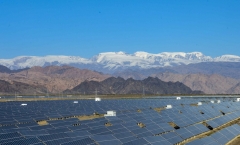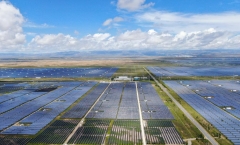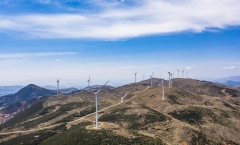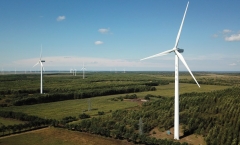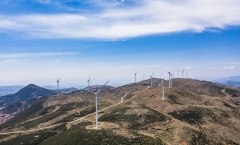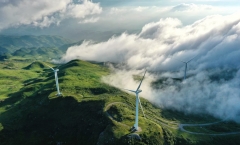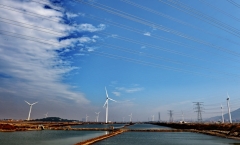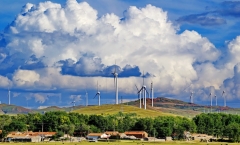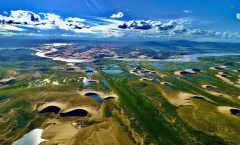- Home
- HARMONY BETWEEN HUMANITY AND NATURE
HARMONY BETWEEN HUMANITY AND NATURE
That China is becoming an innovator in areas that matter to everyone else is much more a good thing than it is a bad one. Everyone has their red lines on certain issues. But in plenty of other areas, there is space and opportunity to work together.
In the era of globalization, the international community should learn to coexist in harmony and cooperate in areas like security, development, climate and energy. After all, no person is an island entire of itself.
China is the only developing country that made very significant commitment to climate change.
The new era is less a rupture in time than one that aims to bridge in positive ways China’s past, present and future.
As China pursues the targets of carbon peak and carbon neutrality,
the share of the environmental sector in the country’s economy is growing.
China’s battery industry has entered a period of boom along with the EV sector.
The bustling carbon market reveals that even the pandemic-induced economic slowdown is unable to undermine China’s determination to realize its carbon peaking and neutrality objectives.
Sharing of experience and knowledge promises to bring great benefit both to China and to Europe. Despite global challenges, EU-China environmental cooperation remains strong, and is likely to continue.
China endeavors to improve energy efficiency and accelerate energy transition so as to achieve its ambition of “dual carbon goals,” which will lead to an even further boom in low-carbon technologies and a significant decline in fossil fuel utilization in the years to come.
Energy efficiency and conservation measures offer the largest, fastest and cheapest opportunities to cut energy use – as well as carbon, social and environmental impacts – and must be ramped up.
China’s top-level design, national strategies, and unprecedented efforts for green development have set a good example of pollution prevention to the developing countries grappling with climate change, environmental pollution, and habitat depletion.
When China, Europe and the U.S. work together, they can solve the most complex problems and contribute to the advancement of humankind.

 Facebook
Facebook
 Twitter
Twitter
 Linkedin
Linkedin
 Google +
Google +

